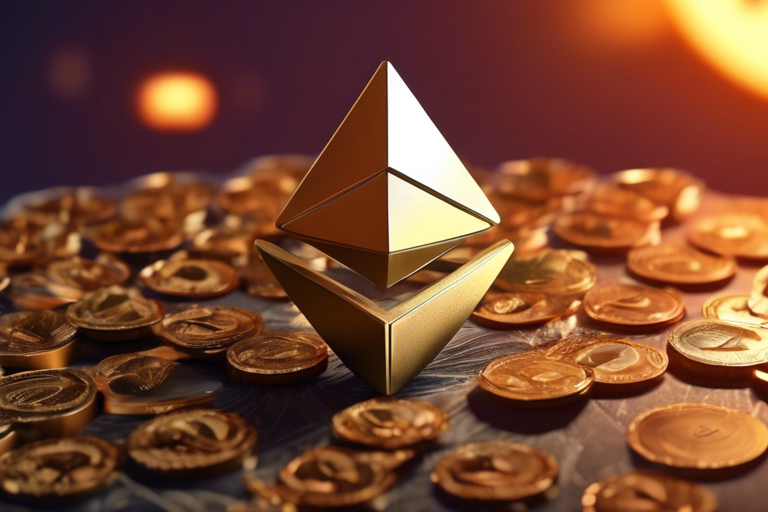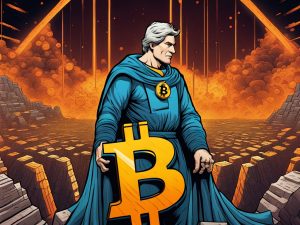Exploring the Solana Foundation’s Recent Validator Expulsion
The Solana Foundation has recently taken action against numerous validator operators participating in “sandwich attacks,” compromising network integrity. This move introduces a new dynamic to the ongoing competition between Solana and Ethereum, shedding light on governance concerns and ethical considerations regarding validator activities.
Severe Measures Against Violators
The Validator Relations Lead, Tim Garcia, conveyed the Foundation’s stern stance on the matter. He announced the removal of operators from the delegation program due to violations related to sandwich attacks. The Foundation’s enforcement efforts are ongoing, aiming to eliminate operators engaging in harmful mempool practices.
Sandwich Attacks Unveiled
Mert Mumtaz, CEO of Helius Labs, detailed sandwich attacks, describing them as exploitative trading tactics that disadvantage retail investors. While such attacks are not inherent to Solana due to the absence of a mempool, certain actors have modified validators to enable these actions, prompting the Foundation to act decisively to safeguard users.
- Explanation of sandwich attacks
- Manipulative trading strategy harming retail investors
- Modification of validators to enable such practices
- Foundation’s goal to protect users from malicious activities
Solana’s Conflict with Ethereum
These developments have sparked criticism from prominent figures in the Ethereum community like Ryan Berckmans. He raised concerns about Solana’s handling of miner-extractable value (MEV) issues, emphasizing doubts about its role as a settlement layer.
- Criticism from Ethereum community
- Questions regarding Solana’s viability as a settlement layer
- Financial support issues for validators and the MEV dilemma
Disparities and Defenses
Mumtaz countered Berckmans’ claims by highlighting operational disparities between Solana and Ethereum validators. He emphasized the lower setup costs for Solana validators and clarified the Foundation’s stance on excluding harmful operators from subsidy programs.
- Comparing setup costs for validators
- Differences between Solana and Ethereum requirements
- Foundation’s response to malicious operator activities
Support and Concerns
Lucas Bruder defended the Foundation’s actions, underlining the alignment of interests between the Foundation and network sustainability. However, he also acknowledged the prevalence of meme coin trading on Solana, cautioning against actions that could alienate this user base.
- Foundation’s rationale for exclusion of harmful validators
- Discussion on network sustainability
- Awareness of meme coin trading implications
Future Implications
The ongoing debate underscores the intense rivalry between SOL and ETH, emphasizing governance challenges in decentralized networks and critical decisions affecting blockchain ecosystems. The outcome of this dispute could shape perceptions, functionality, and market dynamics in the crypto landscape.
Hot Take: Observations and Speculations
The recent moves by the Solana Foundation to expel validator operators engaged in harmful trading practices like sandwich attacks reflect a growing concern for network integrity. This action not only highlights the Foundation’s commitment to user protection but also introduces an additional layer to the competitive landscape of blockchain networks, particularly in contrast to Ethereum’s approach to MEV issues. The repercussions of these decisions could influence how blockchain ecosystems evolve in terms of governance, ethics, and user trust.





 By
By
 By
By
 By
By
 By
By

 By
By